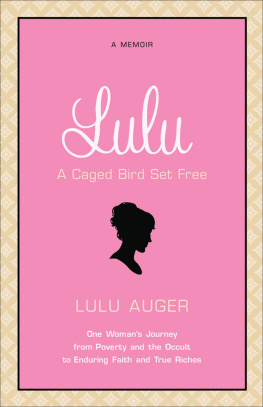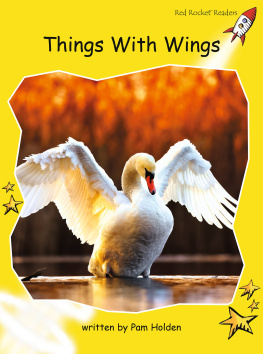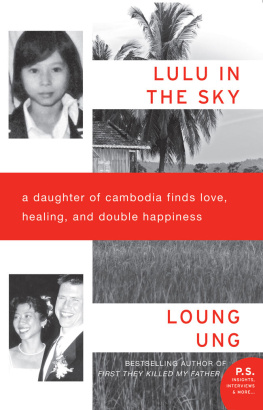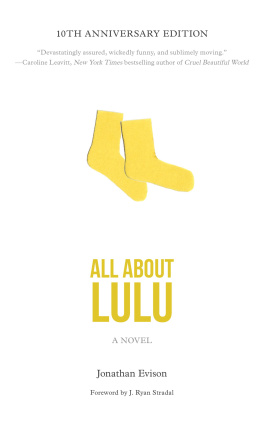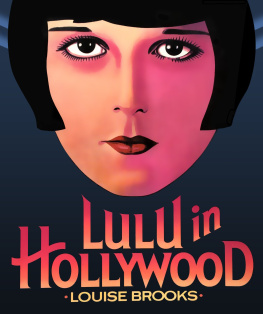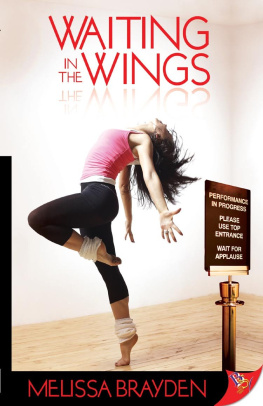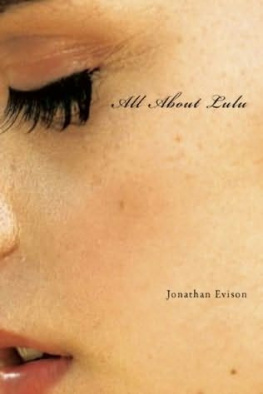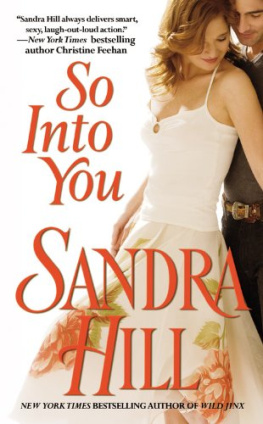Nol Coward
Collected Plays: Five
Relative Values, Look After Lulu!,
Waiting in the Wings, Suite in Three Keys
This volume contains the best of Cowards plays from the fifties and sixties, the last two decades of his life.
Relative Values opened in 1951 to, as Coward put it, rave notices. All, with the exception of the dear little Daily Mirror, enthusiastic and wonderful box office. It ran for over a year.
The London premiere of Look After Lulu!, adapted from Feydeaus Occupe-toi dAmlie!, took place in 1959 somewhat incongruously at the Royal Court Theatre, then associated more with Angry Young Men than with French farce. However, with Vivien Leigh as Lulu, it survived bad notices and transferred to the West End.
I wrote Waiting in the Wings [1960], Coward said, with loving care and absolute belief in its characters I consider that the play as a whole contains, beneath the froth of some of its lighter moments, the basic truth that old age neednt be nearly so dreary and sad as it is supposed to be.
In the trilogy, Suite in Three Keys (1966), Coward provided himself with his farewell roles and was particularly gratified at the plays success and at his own contribution: On the opening night I gave an excellent, un-nervous, controlled performance, thank God I am back again, like Dolly, where I belong and have always belonged.
in the same series
(introduced by Sheridan Morley)
Coward
Collected Plays; One
(Hay Fever, The Vortex, Fallen Angels, Easy Virtue)
Collected Plays; Two
(Private Lives, Bitter-Sweet, The Marquise, Post-Mortem)
Collected Plays: Three
(Design for Living, Cavalcade, Conversation Piece,
and Hands Across the Sea, Still Life, Fumed Oak
from Tonight at 8.30)
Collected Plays: Four
(Blithe Spirit, Present Laughter, This Happy Breed,
and Ways and Means, The Astonished Heart, Red Peppers
from Tonight at 8.30)
Collected Plays; Six
(Semi-Monde, Point Valaine, South Sea Bubble,
Nude With Violin)
Collected Plays: Seven
(Quadrille, Peace in Our Time,
and We Were Dancing, Shadow Play, Family Album,
Star Chamber
from Tonight at 8.30)
also by Nol Coward
Collected Revue Sketches and Parodies
The Complete Lyrics of Nol Coward
Collected Verse
Collected Short Stories
Pomp and Circumstance
A Novel
Autobiography
also available
Coward the Playwright
by John Lahr
NOL COWARD
Collected Plays: Five
Relative Values
Look After Lulu!
Waiting in the Wings
Suite in Three Keys
comprising
A Song at Twilight
Shadows of the Evening
Come into the Garden Maud
Introduced by Sheridan Morley

Contents
The fifth volume in this set of Coward plays opens with the drawing-room comedy, written by Nol in 1950 for my grandmother Gladys Cooper, which was to re-establish their reputations in the West End after several years in which both had been living abroad in some critical disfavour. Both, after several stage flops, were badly in need of a major West End success, and Relative Values was just that.
Though it has never been filmed, televised or seen in America, and has only had two major London revivals in the last forty years. Relative Values is one of Cowards best comedies of appalling manners. With a sharp look back over his shoulder towards both Frederick Lonsdale and Somerset Maugham, two of the most successful West End dramatists of the 1920s when Nol himself was just starting out, the play considers the Countess of Marshwood, a country-house dowager whose upstairs-downstairs relationships with her staff are somewhat threatened when her son and heir comes home engaged to a Hollywood movie star who just happens to be the younger sister of her personal maid.
A fragile crisis on which to build an entire evening in the theatre, certainly, but Cowards acidulous understanding of the stately homes of England, and his revival of the all-knowing butler raising his own glass to the final inglorious disintegration of the most unlikely dream that ever troubled the heart of man social equality struck a nostalgically powerful chord in audiences still struggling to come to terms with Mr Attlee and the Festival of Britain.
Relative Values is dedicated to Nols old actress friend Joyce Carey and to his lifelong assistant, secretary and friend Cole Lesley, both of whom were with him at Blue Harbour in Jamaica while he was writing the play in the winter of 1950/51. Rehearsals began a few months later, reuniting Nol with Gladys, a friend since the early 1920s though this was the only occasion on which they worked together. It was not, as Cole Lesley recalled, an altogether easy experience:
Especially in Nols comic dialogue, not one of his carefully chosen words must ever be misplaced, or any other word substituted, and to listen to Gladys stumbling in rehearsal was torture for him [he was to undergo the same torture a decade or so later with Edith Evans in the Nationals Hay Fever] and on the pre-London tour he suffered more than two months of it. Gladys, with her many years of stardom and experience, would seldom actually dry up, but she would fill the gaps in ways that were even more painful to his ear. We went to the opening night in Newcastle in agony because of her insecurity, though she herself flew brilliantly at the play with every outward sign of star-sized assurance, and looked so beautiful that Nol always called her Hag. Theatres were packed all through the tour, but even as late as Brighton, the week before London, the list of Gladyss mistakes during one single performance added up to 28, including one memorable moment, when instead of saying she was going into the study, she announced to a surprised audience that she was going into the understudy. Good old trouper that she was, however, she rose word-perfect to the occasion of the first night in London, and she and the play both got ovations.
With a starry cast which also included Judy Campbell (as the film star) and Angela Baddeley (as her sister), Relative Values stayed at the Savoy for just over a year, by which time Nol had fully forgiven Gladys her forgetfulness on tour:
She gave one of the most incisive, witty and altogether enchanting comedy performances that it has ever been my privilege to see. But then she learnt her job in her young days from four of the most brilliant actor-manager-directors who ever graced our Theatre: Seymour Hicks, Charles Hawtrey, Dennis Eadie and Gerald du Maurier. To watch the precision with which she timed her lines, (not, I hasten to add, until she had really learned them, which took quite a while) was to me an exquisite pleasure. She also continued, obviously because she made no effort to do so, to look as lovely as she had ever looked, even in the old days when her picture postcards could be bought by the bushel, twopence glazed and coloured but never penny plain. From the above eulogy, the perceptive reader may gather that I am very fond of Gladys Cooper.
As indeed she always was of him. Relative Values brought them back to British grace and favour, though its afterlife has never been strong. Margaret Lockwood led a short-lived revival at the Westminster in 1973, and twenty years later a considerably more successful production came into the Savoy (where it had first been seen) from Chichester with Susan Hampshire as the Countess and Sarah Brightman as the film star.
Next page

